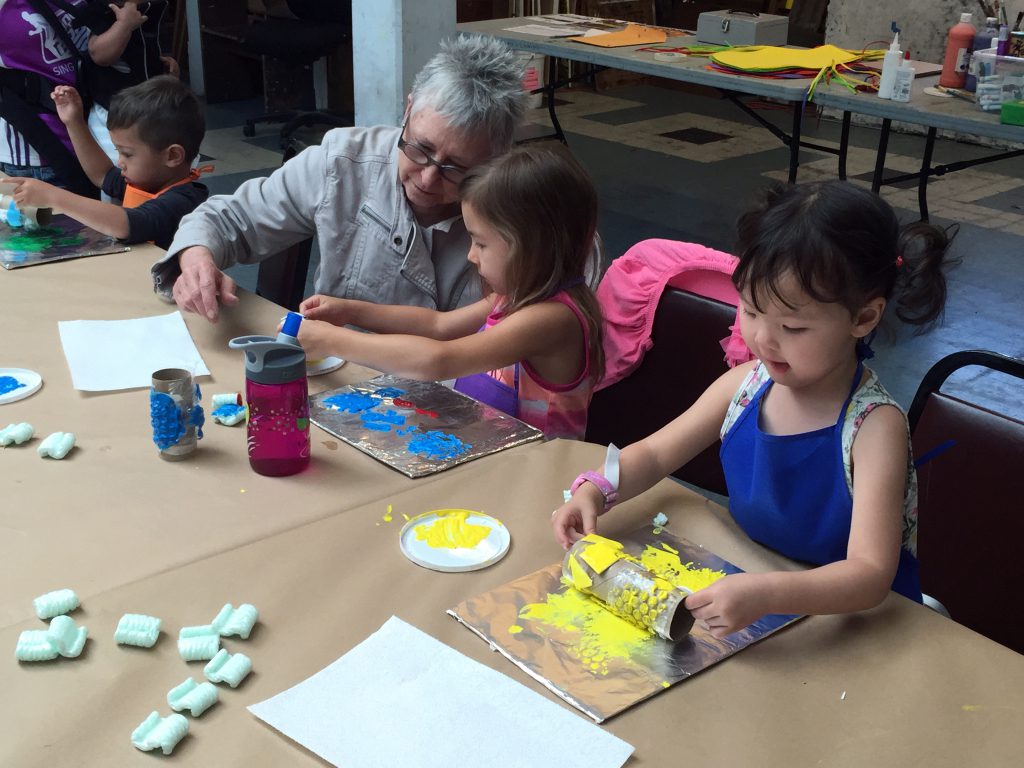- Box Hill, Camberwell, Glen Waverley, Kensington
- Mon - Sat: 9.00 AM - 5.00 PM
Learning Mandarin with FUN!
We teach through engaging, creative and fun activities!
Why Kaixin
Our holistic approach
We have taken a holistic approach in designing and developing our step by step curriculum, with books and audio recordings.
Our methodology
We teach through engaging, motivating, interactive activities, including: visual, auditory and physical senses, story-telling, acting, play-like activities.
Bilingual and immersion
Our Chinese classes begin as bilingual throughout the early stages of learning. However, as our students begin to acquire some foundation of Mandarin we slowly move towards an immersive classroom environment.
Our teachers
Our teachers are all native speakers and have ‘Working With Children’ permits.
Caring for the children
Parents need to feel confident that their children are safe and well cared for. We take our duty of care seriously and are committed to creating a secure, supportive environment for every student.
Flexibility of locations
We have Chinese Classes in four locations in Melbourne
(Box Hill, Camberwell, Glen Waverley, Kensington).

Learning Mandarin with FUN!
Small class sizes
Bilingual and immersion
Location flexibility
Expert educators

A little about us...
At Kaixin Chinese Learning Hub, our guiding principle is to teach Mandarin in a fun and engaging way that really excites our students about learning the language and culture.
We don’t want to have a traditional teaching experience with a teacher who recites words at the front of class – that’s boring!
We teach through fun, play-based activities and we integrate storytelling, music, games, and cultural exploration to make language learning engaging and effective
Our small class sizes (4–10 students) ensure personalized attention, fostering a joyful and relaxed environment where children can thrive. We believe that learning Mandarin should be an exciting adventure, not a chore.
We have been teaching Mandarin to children for over 10 years with locations across Melbourne—including Box Hill, Glen Waverley, Camberwell, Kensington, and online options.
Testimonials
Parents Say About Kaixin

Kaixin Chinese Learning Hub wins the 2022- 2024 “Top 25 Most Popular Activity” of the Year!

Our team

Ni hao! I am Loo See Wong, the founder and owner of KaiXin Chinese Learning Hub. I am a mother of two and like most parents, I believe our Children’s education and safety are of utmost importance.
My passion for getting involved in Children’s Chinese education was rekindled after seeing how my Children struggled with learning Mandarin language, as non-native speakers placed in a traditional-style Chinese Saturday school for many years.
This is the school that I wished I could have sent my children.
Over the past 12 years, I have conducted a vast amount of research regarding Children’s learning abilities, how to optimise their learning and how to motivate them to embrace another language. We have tuned our teaching approach based on numerous observations of how children respond to our program.

Ni hao! I am Charles Wong, the manager of KaiXin Chinese Learning Hub.
I migrated to Australia when I was one year old and grew up in the Australian school system as a non-native Mandarin speaker. I understand firsthand the challenges of learning Mandarin as a second language – especially as an Australian-born Chinese child trying to bridge two cultures.
This is the language school I wish I could have gone to as a child.
I believe it’s so important that children want to learn Mandarin—not just feel like they are being forced to. That’s why I’m committed to creating a space where Mandarin can be learned effectively by kids like me: children who speak English at home and don’t come from a native-speaking background.
We focus on the things I know would have made a real difference for me growing up: small class sizes, a bilingual environment, and learning activities that are fun and engaging - not just rote memorisation.
Learning as a non-native speaker can be tough if you're not in the right environment.
I spent many years as a child going to traditional-style Saturday Chinese school. I struggled. It was hard.
The biggest challenge was being in a class full of students who had native-speaking backgrounds. The gap between their language skills and mine only grew wider as the terms and years went by. No matter how much I wanted to keep up, I just couldn’t. The class was fully immersive - Mandarin only - and after a while, I found that I couldn't understand what was going on altogether.
Eventually, I found myself sitting silently in the back corner of the room, doing my best not to slow everyone else down. Saturday mornings became something I dreaded and I’d often be dragged out of bed in tears.
Although it's a somewhat dreary experience to share, it's at the core of why we do what we do!
We would love to hear from you!
Opening Hours : Mon - Sat (9.00 AM - 5.00 PM)
Locations
Onsite in Melbourne (Box Hill, Camberwell, Glen Waverley and Kensington) | Online
Contact Us
- manager@kaixinchinese.com
- 0466 007 702
- Post: PO Box 490 Doncaster VIC 3108

